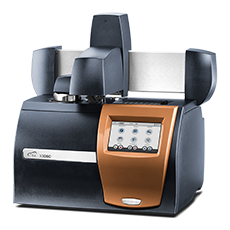10 Questions to Ask Yourself for Successful DSC Use
Differential Scanning Calorimetry is a thermal analysis technique commonly used to characterize materials across a broad array of applications including chemistry, biochemistry, pharmaceuticals, polymers, and more. Differential Scanning Calorimetry (DSC) measures the heat flow in a material as it is heated or cooled over a specified temperature range.












